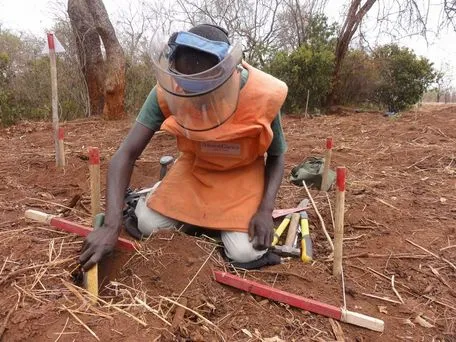
South Sudan is the newest and one of the most underdeveloped countries in the world. It has suffered significant conflict through multiple civil wars spanning over 30 years and as a consequence is heavily contaminated with the Explosive Remnants of War (ERW).
This contamination combined with a severe lack of roads and other infrastructure is impeding humanitarian development. To help manage the effective reduction of ERW, a Logical Framework Approach (LFA) is currently used by the United Nations South Sudan Mine Action programme. In this thesis, finalized in early December 2013, the Logical Framework Approach is compared to the more recently developed competing management tool, the Theory of Change (TOC). The TOC is reported to more comprehensively capture the complexities associated with humanitarian situations and there is an ongoing theoretical debate as to the advantage of one versus the other.
This thesis reviews the basics of the LFA and TOC and examines the question of LFA versus TOC, applied to a real-world humanitarian situation. This is not a theoretical evaluation but instead focuses on what works on the ground in an active and fluid humanitarian situation that has time-constraints and changing parameters.
The conclusion is that the LFA and TOC both can be useful management tools if used as originally designed. At this time it is concluded that the TOC does not offer substantial benefit over the currently used LFA to recommend a change. Theoretical discussion and practical experience over time have shifted how the management tools are used and by whom, and this will continue to evolve. The take away message from this thesis is that for either management tools to be useful in an active humanitarian situation, such as South Sudan, it is important to have appropriate and comprehensive input from stakeholders and a practical and realistic approach in the development of any subsequent programme.
2 responses to “The Logical Framework Approach and the elimination landmines and ERW in South Sudan”

i am an IPO in Darfur i want learn more about erw and uxo

Am from zimbabwe i want to learn more about ERW
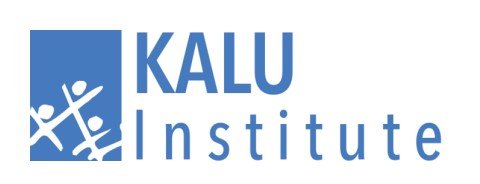
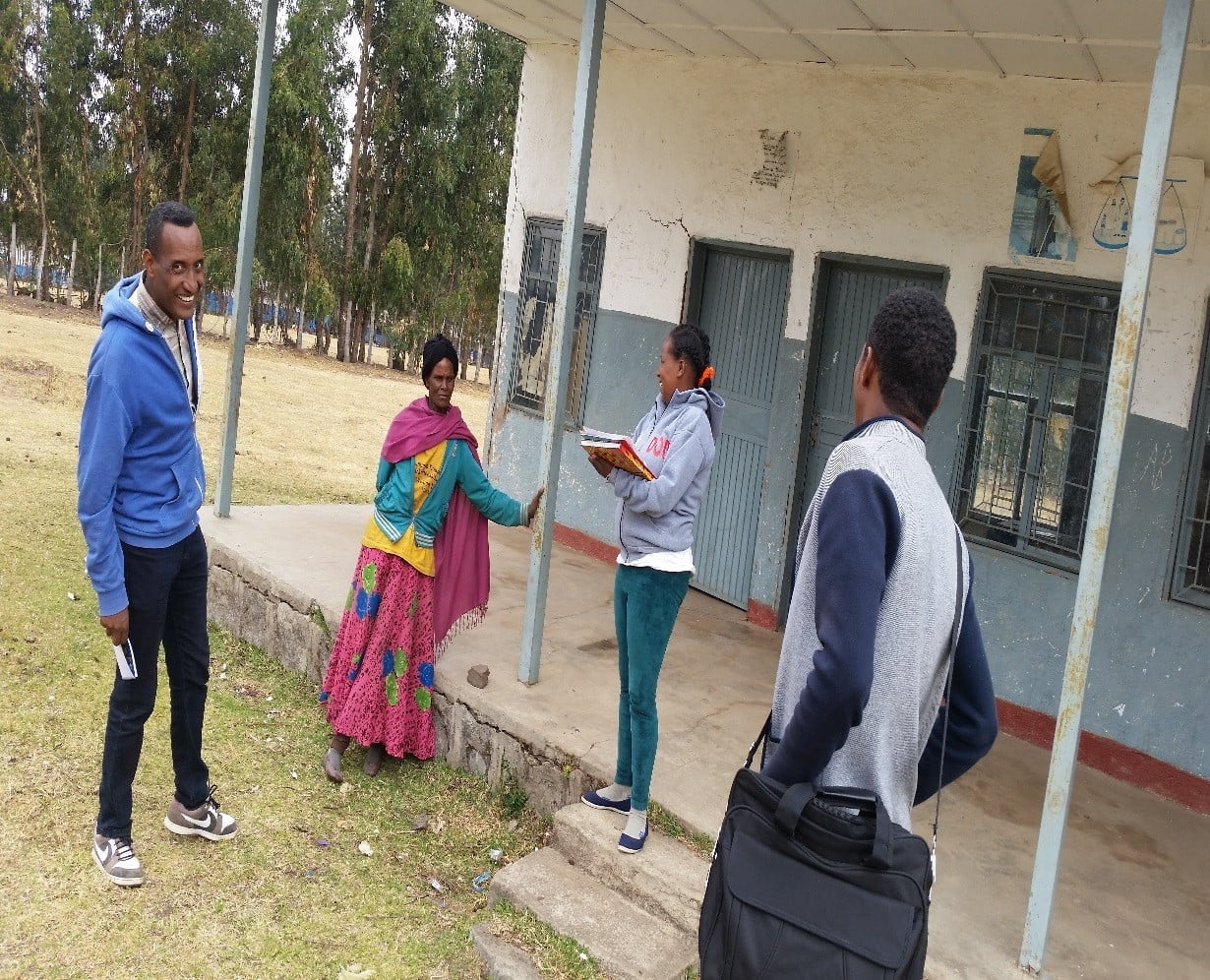

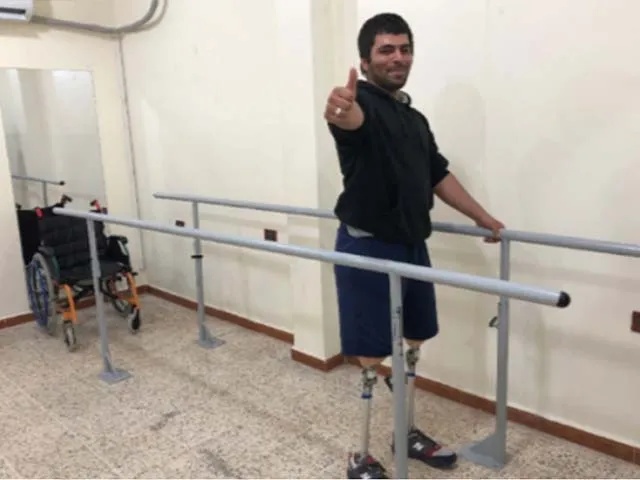
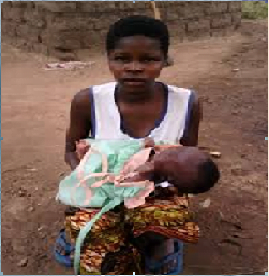
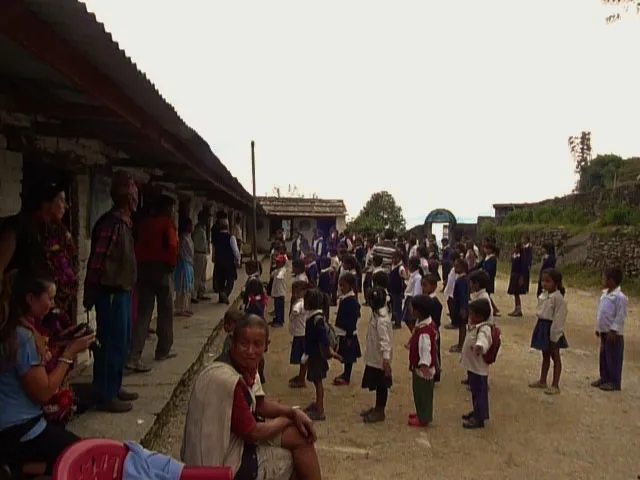

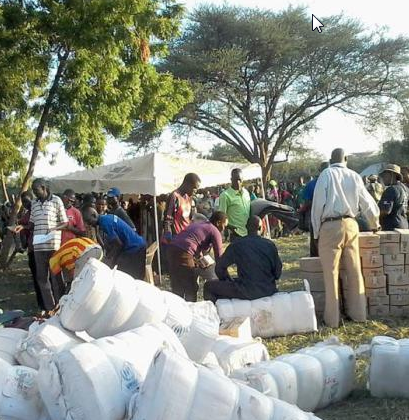
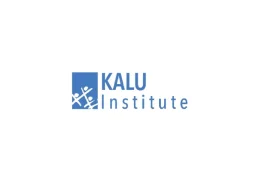
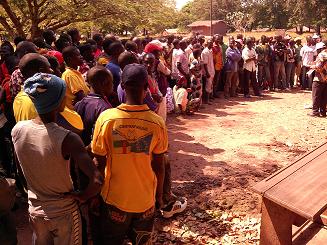
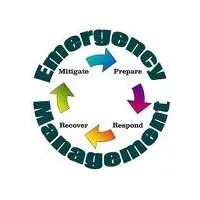
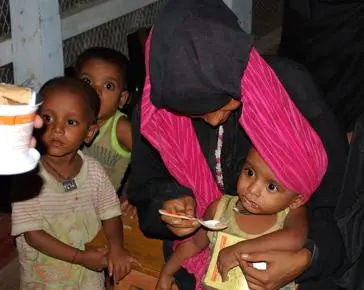
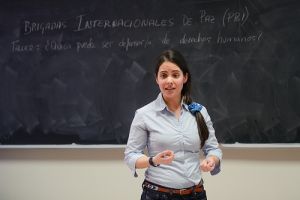
Leave a Reply